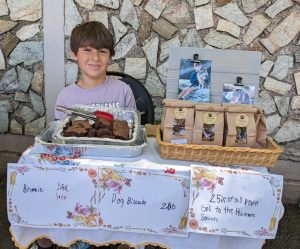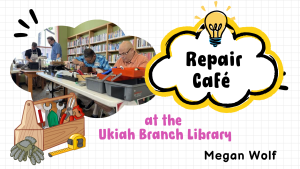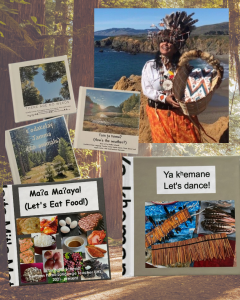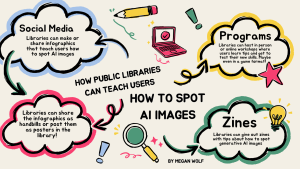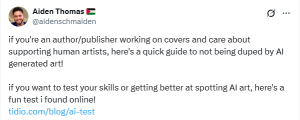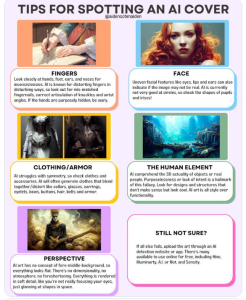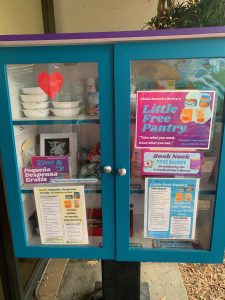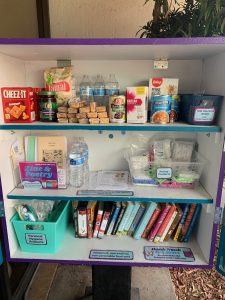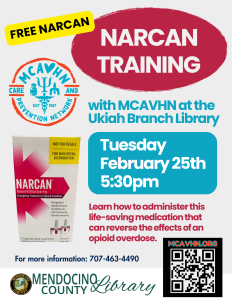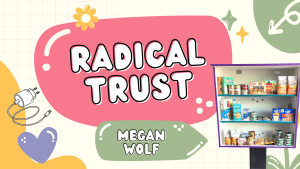Reflection Blog Wild Card: Abolish Police in Libraries
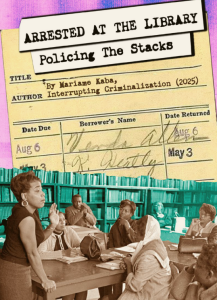
Mariame Kaba is one of my favorite abolitionist writers and organizers (I highly recommend checking out her article, Yes We Mean Literally Abolish the Police, it is a great introduction) and I remember being surprised when I learned she was recently completed her MLIS because I didn’t understand the connection between abolition and public libraries until I began working at one. Now, her decision makes perfect sense. I’ve seen first hand how libraries use police to enforce rules and eject marginalized, often homeless patrons.
Kaba recently released Arrested at the Library: Policing the Stacks, a free zine that is available for online reading or printing. This zine examines the history of public libraries and police and demonstrates the harm that libraries have caused with the police. The zine also shares information about organizations working to abolish police in libraries.
Libraries need to focus on supporting their most marginalized patrons, not ejecting them. When we bring police into libraries we are putting BIPOC, disabled & unhoused patrons at risk of harm. This example from Kaba’s zine demonstrates how police & security guards cause harm to patrons. “Increased security is supposed to increase the safety of patrons. Often, though, police and security guards may intimidate patrons, or actively threaten them. In 2017, an off-duty police officer working as a security guard in the Lakewood Public Library broke the jaw of a 17-year old girl who he was forcibly removing from the building. In 2019, a security guard at the DC Public library threatened to remove a patron unless she took off her hijab.”
Libraries should invest in social workers, like Denver Public Library, and replace security with staff led trauma-informed care models of engagement. Having police in libraries makes libraries LESS safe! We have to reimagine safety in libraries, and that means no police.
Resources about Abolition & Libraries
Library Freedom Project
Abolitionist Library Association & article about them from Teen Vogue
Criminalization 101 for Information Workers
For the People: A Leftist Library Project & their newsletter is here
Criminalization & Libraries
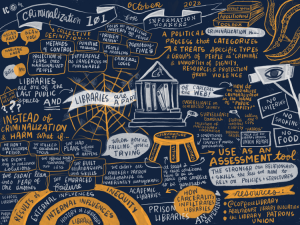
Image from Radical Roadmaps at https://abolitionist.tools/Criminalization-101-for-Information-Workers

